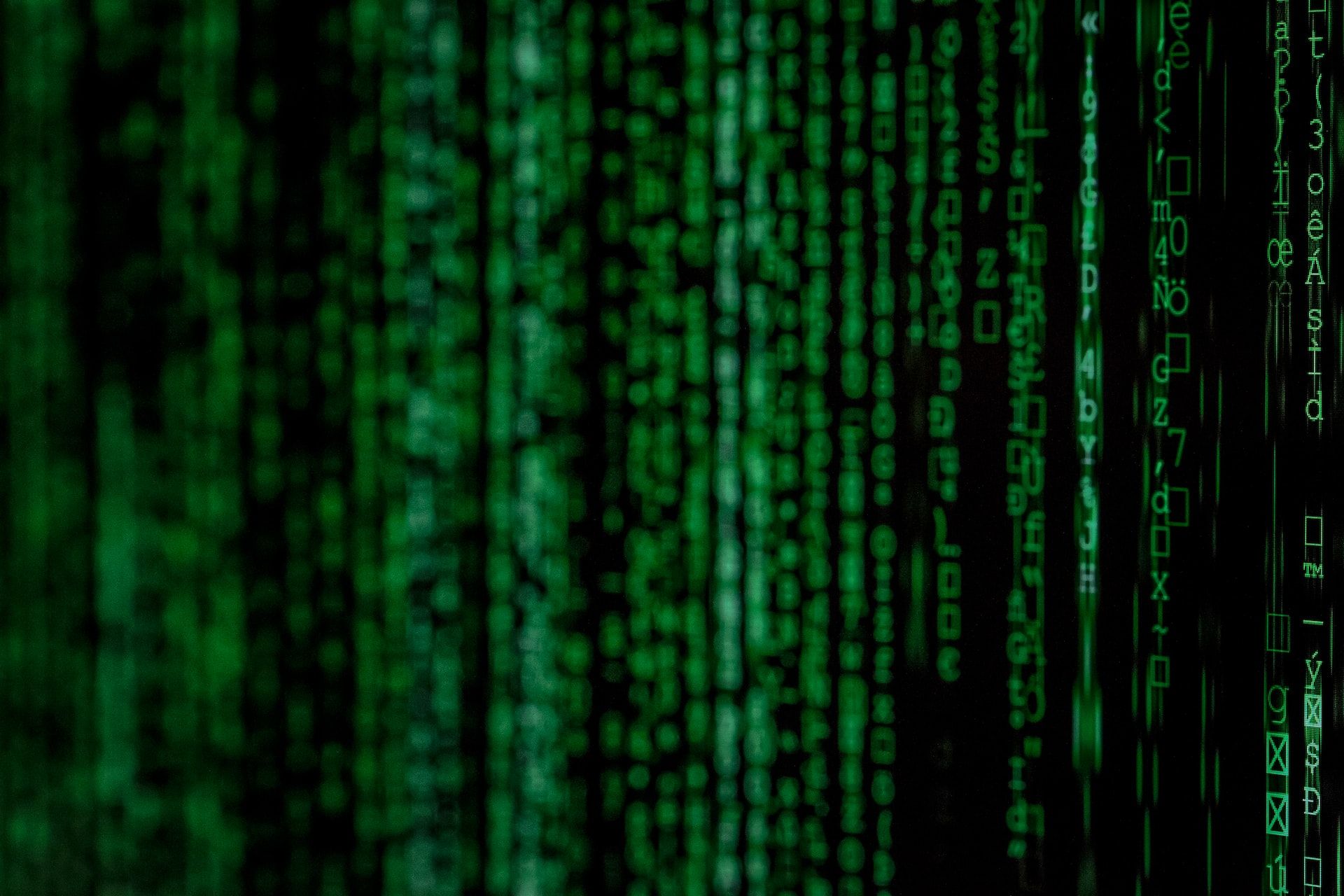ChatGPT Writes a Story with Jargon references

I asked ChatGPT to "Write me a story about the early days of computing, using as many terms from the Jargon File as possible". This was the first result.
In the early days of computing, the world was a different place. There were no smartphones, no laptops, and no Internet. Instead, there were giant mainframe computers, blinking lights, and punch cards.
One of the pioneers of this era was a man named Bill. He was a hacker, in the true sense of the word. He loved nothing more than tinkering with computers, exploring their inner workings, and pushing them to their limits.
Bill worked at a university, where he had access to one of the most powerful mainframes in the world. He spent countless hours in the machine room, typing away at the console, surrounded by the hum of the cooling fans.
At first, Bill was just a neophyte, struggling to understand the arcane commands and cryptic error messages that filled the screen. But he was determined to learn, and he quickly became a wizard with the tools of his trade.
He learned to program in a variety of languages, from FORTRAN to assembly. He wrote elegant, efficient code that could do things that no one had ever thought possible. He created elaborate algorithms, recursive functions, and elegant data structures.
But Bill didn't just write code for its own sake. He was a hacker with a cause. He wanted to use his skills to make the world a better place. He believed that computers could be a powerful tool for social change, if only they were used correctly.
So he started working on a project that he called the "Hackers' Manifesto." It was a bold vision for a future in which everyone had access to computers, and in which the power of technology was harnessed for the greater good.
To make this vision a reality, Bill knew that he would need to recruit other like-minded hackers. And so he began to network, using the primitive tools of the day: bulletin board systems, usenet, and email.
He met other hackers who shared his passion, and together they formed a loose-knit community that spanned the globe. They called themselves the "Netizens," and they believed that the Internet was the key to a brighter future.
Together, the Netizens worked on a variety of projects. They created software tools that made it easier to use computers. They built networks that allowed people to communicate with each other from anywhere in the world. And they fought against the forces of corporate greed and government censorship that threatened to stifle innovation and creativity.
In the end, the Netizens' vision prevailed. Today, we live in a world that is more connected, more open, and more innovative than ever before. And it all started with a few intrepid hackers, like Bill, who saw the potential of computers and dared to dream of a better future.
